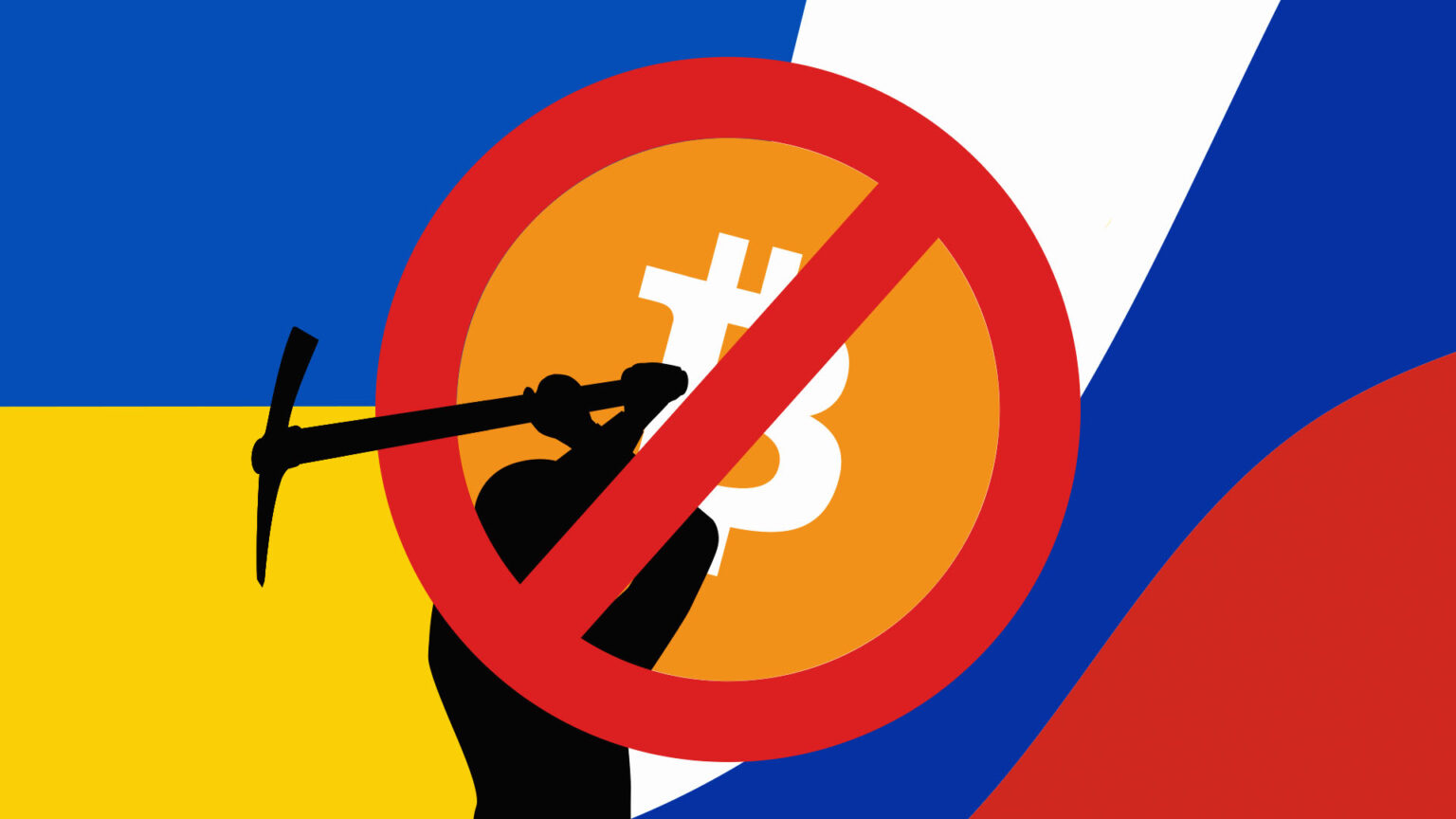In a rapidly evolving digital world, the intersection between technology and financial systems often leads to unforeseen challenges and opportunities. One such incident underscores the complexities and potential pitfalls associated with the growing cryptocurrency market. In Russia, a significant crackdown on illegal crypto mining operations showcases both the enforcement of legal frameworks and the adaptability of those seeking to exploit energy resources for personal gain. This incident, taking place in St. Petersburg, sheds light on the clandestine side of the cryptocurrency industry and prompts a deeper examination of regulatory measures and their effectiveness in various regions.
The Unveiling of a Massive Crypto Mining Operation in St. Petersburg
A Strategic Seizure by Russian Authorities
After an intensive investigation into anomalously low electricity meter readings, Russian law enforcement officials seized around 2,700 pieces of crypto mining equipment from a location in St. Petersburg. This operation was triggered by significant discrepancies identified by energy inspectors between the reported data and actual electricity consumption. The site in question had been utilizing grid power since March 2018. Despite authorities projecting its operations to last until August 2025, the facility was halted as investigators dug deeper into the illicit activities.
During a police raid, documented on a Telegram channel managed by the Interior Ministry, officers uncovered a container packed with active cryptocurrency mining machines. These discoveries included not only mining rigs but also the cooling systems, fans, and transformers necessary to sustain the operation. The video footage visibly captures law enforcement forcing entry into secured containers, revealing aisles of crypto mining gear, and detaining individuals on-site.
The Mechanics of Meter Manipulation
Authorities suspect the individuals involved possessed technical expertise which they allegedly used to manipulate the electric meters. This was done to reflect a much lower consumption rate than the actual demand, effectively minimizing the reported usage and costs of electricity. Consequently, the accused have been charged with causing “property damage by deception or abuse of trust.” However, details such as the exact amount of electricity misappropriated or the financial cost of the loss remain undisclosed. It is also undetermined which specific cryptocurrencies were being mined at this site, and the police continue their search for additional partners involved in the scheme.
Emerging Networks and Wider Implications
This case in St. Petersburg is not an isolated occurrence. Similar illegal mining operations have been detected across Russian territories, including a noteworthy incident in the Donetsk People’s Republic. There, authorities uncovered a cluster of 25 rigs illegally connected to public power, causing damages estimated at approximately 14 million rubles (or $170,633). These operations often exploit regions with cheaper or less monitored electricity, such as Dagestan and Southern Siberia, and employ creative measures, including underground setups or mobile units housed in trucks and vans.
FAQs About Crypto Mining and Security
What measures are in place to prevent unauthorized crypto mining?
Regulatory frameworks are continually evolving to address unauthorized crypto mining. These include stricter monitoring of electricity usage, collaboration with utility companies to identify irregular consumption patterns, and the implementation of advanced detection technologies to catch unauthorized operations.
Why is crypto mining often done illegally?
Crypto mining can be resource-intensive, requiring substantial electricity which results in high costs. By tampering with electrical systems to significantly reduce expenses, unauthorized mining operations can unethically maximize profits. This illegal activity is especially attractive in regions with weaker regulatory oversight.
What legal actions can be taken against illegal crypto miners?
Authorities can pursue various legal actions, including criminal charges related to theft, fraud, and damage to property. Penalties can range from fines and asset seizures to imprisonment, depending on the severity and scale of the operation.
How can individuals ensure their crypto activities are legal and secure?
To ensure compliance, individuals should operate within the legal frameworks set by their local jurisdictions, use licensed service providers, and maintain transparency in their crypto transactions. Staying informed about regulatory changes and best practices is also crucial for secure and lawful crypto activities.
Through meticulous investigations and decisive actions, authorities are striving to uphold the integrity of the energy sector and the digital currency ecosystem. Such events highlight the ongoing need for vigilant regulations and the challenges faced in an increasingly digital financial landscape.

